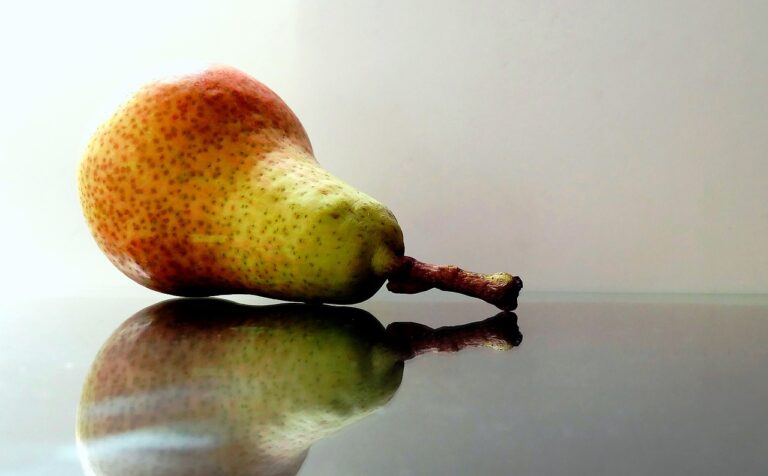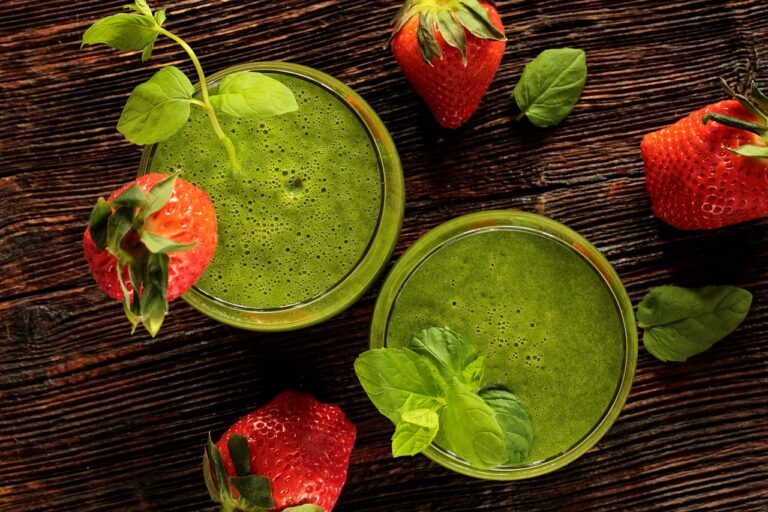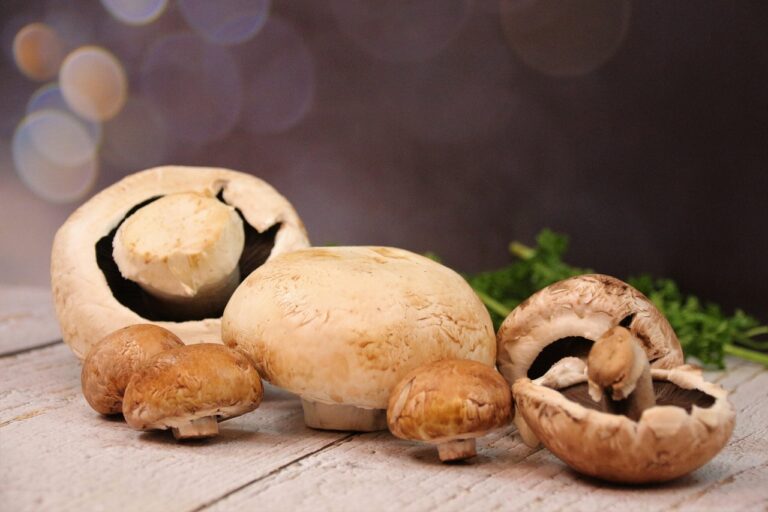Understanding the Connection Between Diet and Gut Health Imbalance: 11xplay pro, Diamondexch9, Sky exchange bet
11xplay pro, diamondexch9, sky exchange bet: When it comes to our overall health and well-being, the connection between diet and gut health imbalance is a crucial one to understand. The gut plays a significant role in our immune system, digestion, and even mental health. Therefore, it’s essential to pay attention to what we put into our bodies and how it can impact our gut health.
Many people may not realize the impact that their diet can have on their gut health. The foods we eat can either help maintain a healthy balance of gut bacteria or disrupt it, leading to issues such as bloating, gas, constipation, or even more serious conditions like irritable bowel syndrome (IBS) or inflammatory bowel disease (IBD).
In this article, we will explore the connection between diet and gut health imbalance, how certain foods can either promote or hinder gut health, and what you can do to maintain a healthy gut microbiome.
**The Gut Microbiome: Our Body’s Ecosystem**
Our gut is home to trillions of bacteria, fungi, and other microorganisms that make up our gut microbiome. These microorganisms play a crucial role in digestion, immune function, and even mood regulation. When our gut microbiome is in balance, with a diverse array of beneficial bacteria, we experience better overall health.
**The Role of Diet in Gut Health Imbalance**
The foods we eat can have a direct impact on the composition of our gut microbiome. A diet high in processed foods, sugar, and unhealthy fats can promote the growth of harmful bacteria in the gut, leading to inflammation and potential health issues. On the other hand, a diet rich in fiber, fruits, vegetables, and fermented foods can help support a healthy balance of gut bacteria.
**Foods That Support Gut Health**
– **Fiber-rich foods:** Fiber acts as fuel for beneficial gut bacteria, helping them thrive and maintain a healthy balance in the gut. Include plenty of fruits, vegetables, whole grains, and legumes in your diet to boost your fiber intake.
– **Fermented foods:** Foods like yogurt, kefir, sauerkraut, and kimchi contain beneficial probiotics that can help support a healthy gut microbiome. Adding these foods to your diet can promote the growth of good bacteria in the gut.
– **Prebiotic foods:** Prebiotics are a type of fiber that feeds beneficial bacteria in the gut. Foods like garlic, onions, leeks, and bananas are rich in prebiotics and can help support a healthy gut microbiome.
**Foods That Can Disrupt Gut Health**
– **Processed foods:** Processed foods high in sugar, unhealthy fats, and additives can promote the growth of harmful bacteria in the gut and lead to inflammation. Limit your intake of processed foods to support a healthy gut microbiome.
– **Artificial sweeteners:** Artificial sweeteners like aspartame and sucralose have been shown to disrupt the balance of gut bacteria and may contribute to gut health issues. Opt for natural sweeteners like honey or maple syrup instead.
– **Antibiotics:** While antibiotics are sometimes necessary to treat infections, overuse can disrupt the balance of gut bacteria. If you need to take antibiotics, talk to your healthcare provider about taking probiotics to help support your gut health.
**Maintaining a Healthy Gut Microbiome**
In addition to eating a healthy diet, there are other steps you can take to support your gut health:
– **Stay hydrated:** Drinking plenty of water helps support digestion and the growth of beneficial gut bacteria.
– **Manage stress:** Chronic stress can impact gut health, so it’s essential to find ways to manage stress through activities like exercise, meditation, or yoga.
– **Get enough sleep:** Sleep plays a crucial role in overall health, including gut health. Aim for 7-9 hours of quality sleep per night to support your gut microbiome.
By paying attention to your diet and making healthy choices, you can support a healthy gut microbiome and overall well-being. Remember, the foods you eat can either promote or hinder gut health, so choose wisely to maintain a happy and healthy gut.
**FAQs**
**Q: Can I take probiotics to improve my gut health?**
A: Probiotics can be beneficial for some individuals in improving gut health, but it’s essential to choose the right strain of probiotics and speak with a healthcare provider before starting a probiotic supplement.
**Q: How long does it take to see improvements in gut health with dietary changes?**
A: Everyone’s gut microbiome is unique, so the timeline for seeing improvements in gut health with dietary changes can vary. Some people may notice improvements in a few weeks, while others may take longer.
**Q: Are gluten and dairy bad for gut health?**
A: Some individuals may have sensitivities to gluten or dairy that can impact gut health. It’s essential to listen to your body and work with a healthcare provider to determine if eliminating gluten or dairy from your diet is necessary for gut health.







